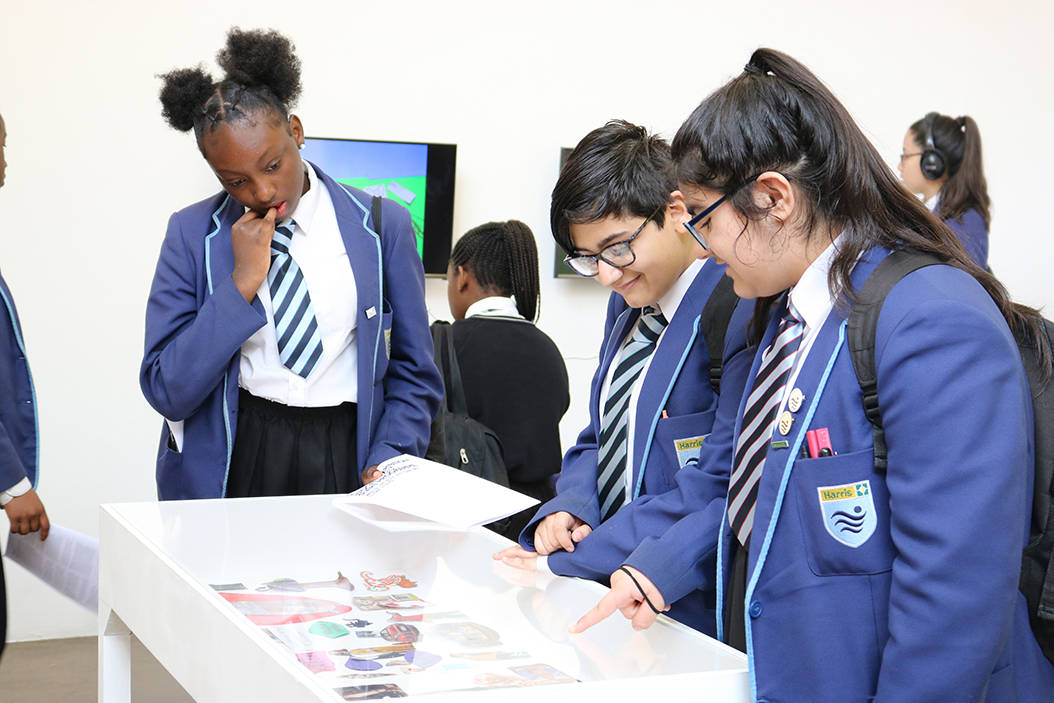Race and racism
Learn how to support your pupils and tackle racism at school or college.

Racism is the unfair treatment of a person because of their race or ethnicity. It can take several forms:
Direct racism: Treating someone less favourably because of their race or ethnicity.
Indirect racism: When a practice, policy or rule applies to everyone in the same way, but disadvantages a particular racial group.
Institutional racism: The failure of an organisation to ensure and promote appropriate processes, attitudes and behaviours, resulting in discrimination against racially minoritised people.





 Author
Author